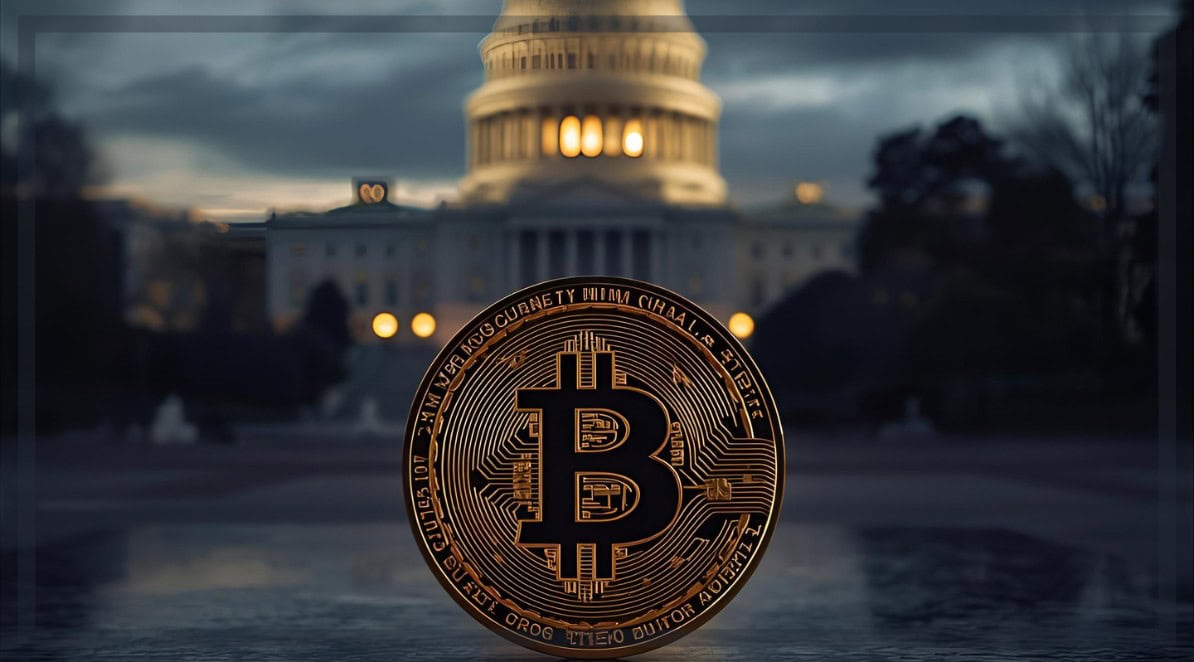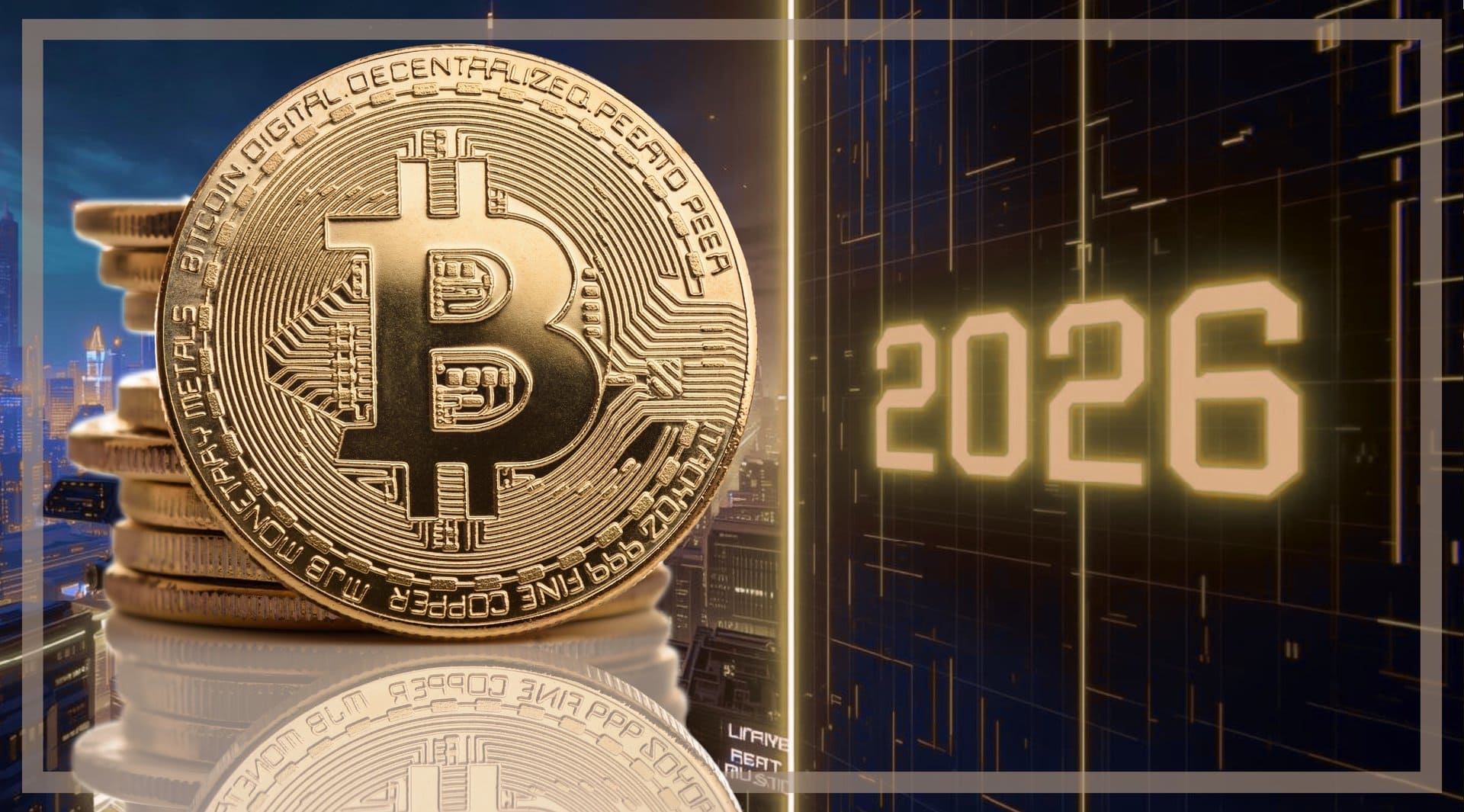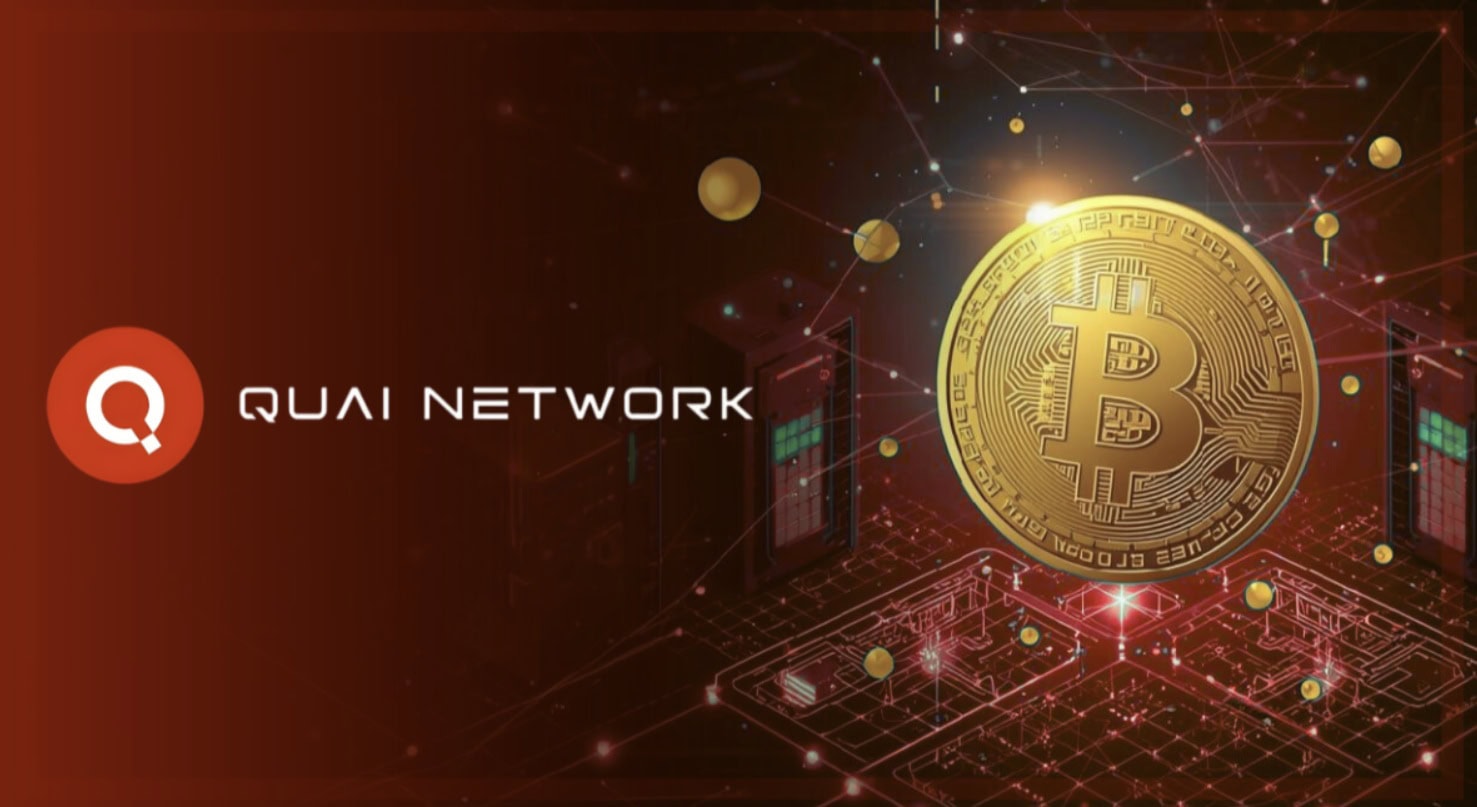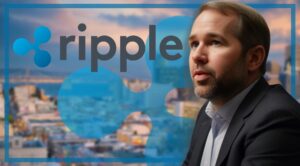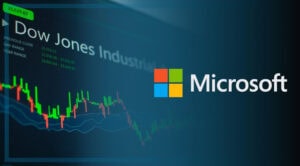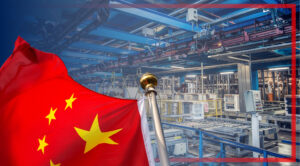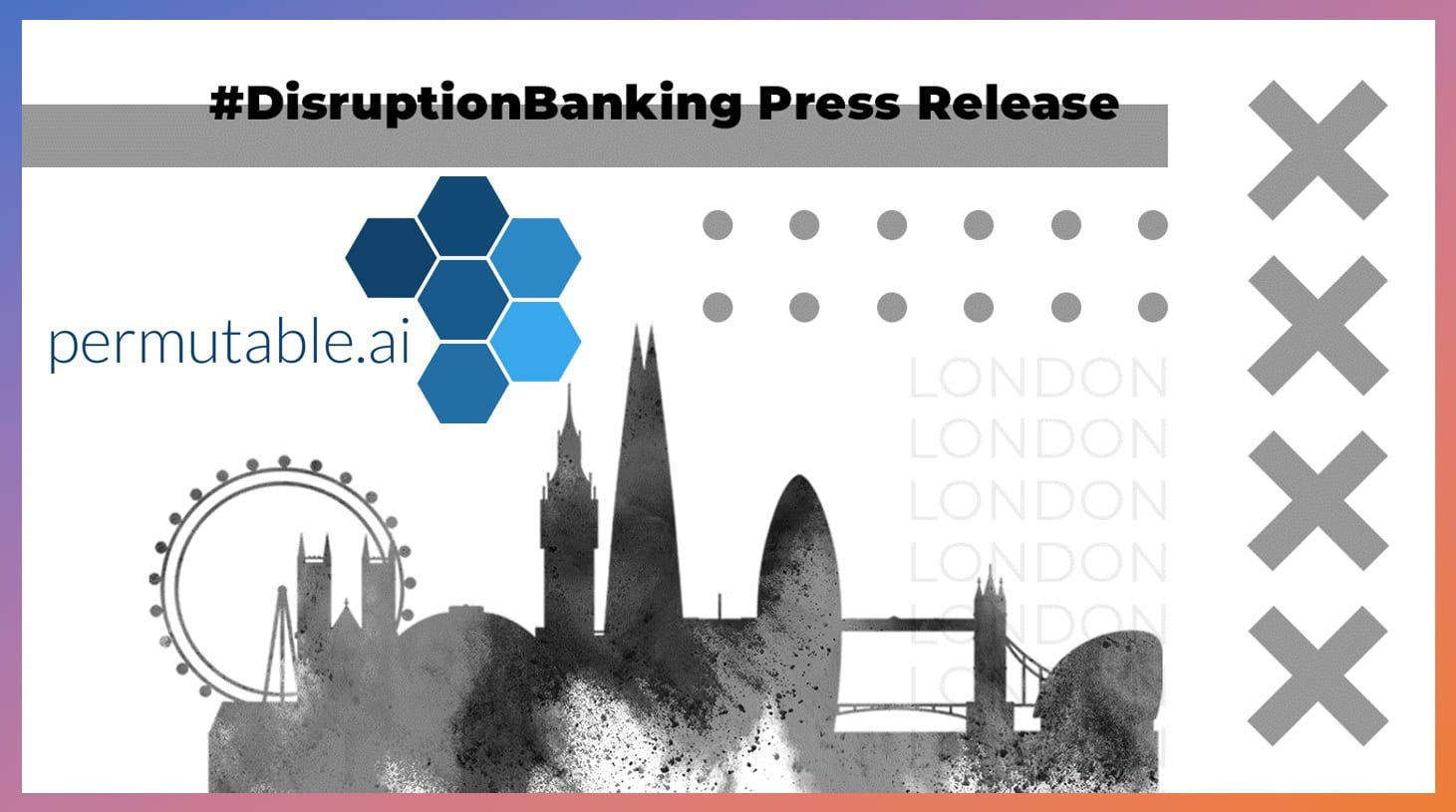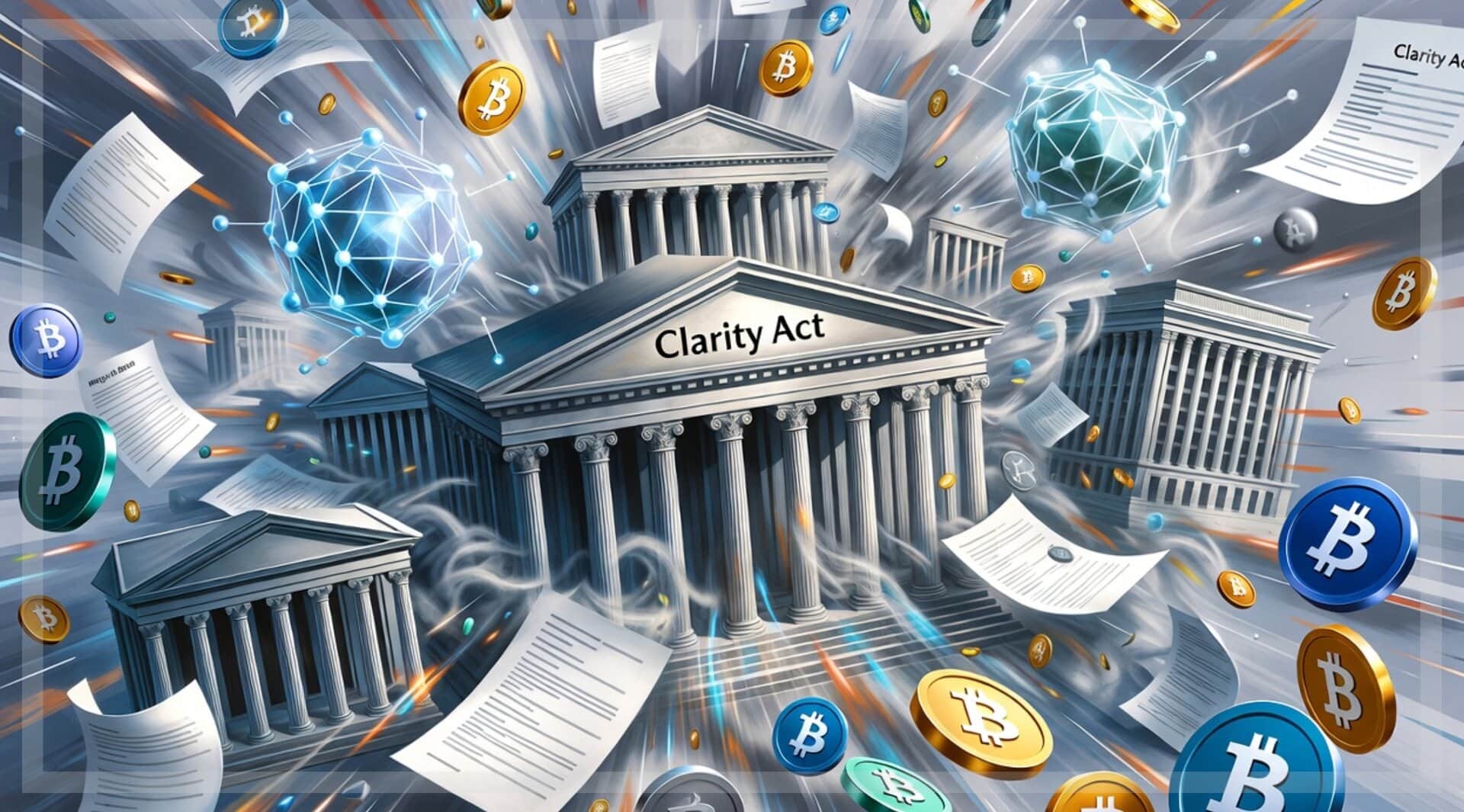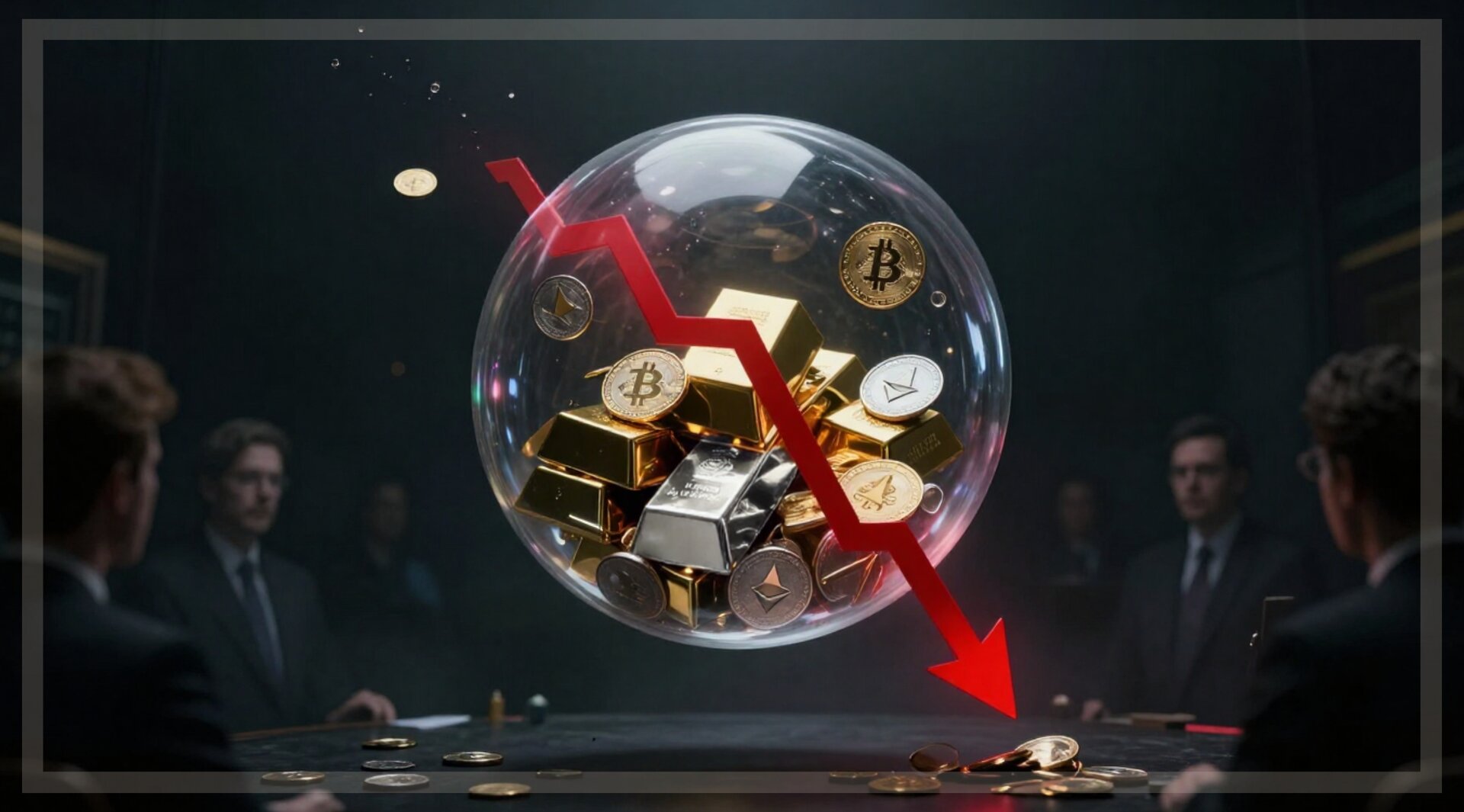“If you look at geopolitics, the U.S. becoming the Bitcoin superpower of the world is huge,” Jayson Browder of Marathon Digital Holdings (MARA) told the audience at the North American Blockchain Summit (NABS). Browder is a top lobbyist for MARA, a firm that is also one of the largest holders of Bitcoin in the world.
He went on, “The executive order that President Trump signed when he first took office described in theory what an SBR (Strategic Bitcoin Reserve) is. It singled out Bitcoin, without crapping on anything else, as the premier asset for a strategic reserve. The SBR goes further: it says the government should purchase Bitcoin for the strategic reserve. We were on Capitol Hill last month with Michael Saylor and others because SBR is third in line in legislative priorities. The first was stablecoin for obvious reasons. Market structure is next. And then SBR is a close third. For us, it’s ensuring that we support market structure legislation, even though it doesn’t directly affect miners. We think the market structure bill will bring more capital into the market, which obviously supports miners. MARA is the second-largest holder of Bitcoin. We have over 53,000 or 54,000 Bitcoin on our balance sheet. But the SBR is something that, if we get it right, sets the U.S. apart from any other country when it comes to being the Bitcoin superpower of the world.”
Birth of a Political Machine
In conversation with Hailey Miller, Director of Government Relations at Digital Power Network, Browder contrasted how the previous administration received crypto industry professionals in DC.
Browder began by recalling the early challenges of government outreach.
“I remember those first conversations in the halls of Congress. One, educating them about what Bitcoin was, what Bitcoin mining was. People would literally come in and ask, ‘Are you digging it out of the ground?’ Those were the kinds of questions we got on Capitol Hill. And also, they would say, ‘Please leave our office because we don’t want our constituents to think we’re taking money from scammers.”
Winning Hearts on the Hill
Marathon and a few others, led by CEO Fred Thiel and early public policy hires, took the long view, educating officials that Bitcoin mining was a legitimate, infrastructure-heavy industry. Political shifts under the Trump administration have produced a friendlier climate, with allies in key positions across the White House, Treasury, and Congress.
“When we had our miners seized towards the end of the administration, we really had no one at the White House to go to and say, ‘What is going on? Why are our miners being seized? What is the governments doing? What are ways that we can work with DHS, CBP to get our miners or equipment out?’ And now we have someone to go to, to speak about these critical policy issues that not only affect Bitcoin miners but just the broader digital assets space. I would say the same thing in both the House and Senate. You always have had digital asset champions as individuals, people think of Senator Lummis or Representative Begich, but now you have chairs of these committees who are also advocates on our industry’s behalf. So you look at Chairman French Hill in the House and Chairman Scott in the Senate, who’ve been very supportive of making sure that real legislation is being developed in these committees that affect us, and that they are getting passed in a bipartisan manner. Because that’s obviously the only way things get done in Washington D.C.”
Browder emphasized that “personnel is policy and policy is personnel,” noting that having pro-mining figures in agencies such as DHS has improved communication since the 2022 miner seizures.
“It’s been win after win after win, the Genius Act, the market structure bill, the Executive Order on digital assets, and recent guidance from the Treasury Department omitting bitcoin from unrealized gains.”
Policy Messaging That Resonates
Moderator Hailey Miller asked:
“One of the things we work on at the Digital Power Network is really helping policymakers understand what makes miners different from other players in the digital assets space. When you sit down with a member of Congress or a staffer, what are the arguments that are actually landing? What breaks through the headlines and helps policymakers understand the real role that miners are playing? Is it the energy markets conversation? Is it job creation? Or is it innovation? What’s really landing?”
And Browder responded:
“That’s a great question. Public officials are always going to care about projects that are happening in your district. That’s something to keep in mind. They’re always looking for wins so they can go back home and say, ‘Hey, we’re getting more jobs, we’re having investments, we’re increasing community development. I think the things that really stick are around the energy and infrastructure piece; that’s something they understand more than blockchain or DeFi protocols. Real investments around whether it’s data centers, energy capacity, or infrastructure. There’s a lot of talk about how much energy we need to invest. The things that miners in particular hit home on are obviously being a flexible baseload, and that’s a really valuable conversation to them. Also, monetizing stranded assets and renewable energy assets—obviously in Texas, there’s been a huge buildup in renewable projects. A lot of those subsidies are gone, so miners being able to co-locate or go behind the meter at wind farms and solar farms is something that they care a lot about. I would say energy markets, energy development, energy infrastructure are key talking points that most members understand and want to get behind.”
The New Coalition Era
When asked what matters to policymakers when trying to build a coalition, Browder said, “Public officials are always gonna care about projects that are happening in their districts. So that’s something to keep in mind. They’re always looking for wins so they can go back home and say ‘hey, we’re getting more jobs, we’re having investments, increasing community development…
“They always care about stuff in their districts and wins to bring home. They get the energy and infrastructure pieces better than blockchain or DeFi protocols. If you talk about data center investments and how much energy we need, explain that this is a baseload that is flexible, that’s an important conversation with them.”
Mobilizing the Bitcoin Vote
Renewable energy integration and flexible baseload capacity are now central talking points that “hit home.” Coalition building, both agreed, has been crucial. Industry collaboration, spearheaded by Riot Platforms, Cleanspark, and Digital Power Network, mirrors strategies of legacy sectors like banking or railroads. Shared advocacy has helped miners move from isolation to influence, with initiatives like the Bitcoin Voter Project mobilizing grassroots education and turnout.
Browder closed with a call to civic action: contact representatives, visit offices, vote, and support advocacy groups. “People don’t realize they have a voice,” he said. “Forty people calling about Bitcoin can shift priorities. We’ve built the momentum, it’s time to use it.”
Author: Tim Tolka, Senior Reporter
#Crypto #Blockchain #DigitalAssets #DeFi #BitcoinMining #NABS25 #Mara
The editorial team at #DisruptionBanking has taken all precautions to ensure that no persons or organizations have been adversely affected or offered any sort of financial advice in this article. This article is most definitely not financial advice.
See Also:
Why IREN is Shifting Away from Bitcoin Mining to Data Centers | Disruption Banking
Why Riot Platforms is Focusing on Data Centers, and not just Bitcoin | Disruption Banking





